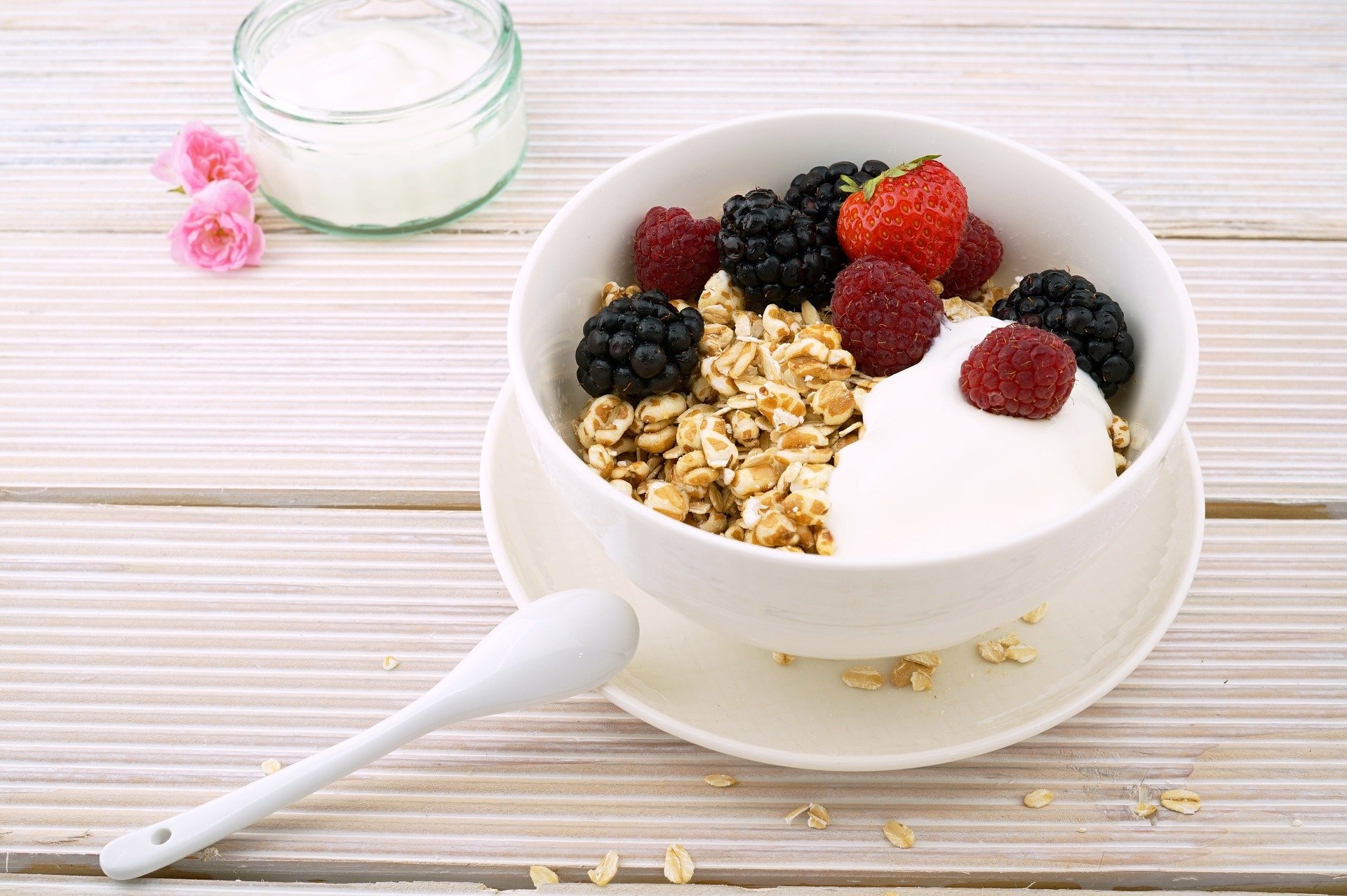Everyone is aware of the fact there are calories in food, however, many people have a very vague understanding what calories really are. Even though almost any packaged food available on the market has information about its calories, this unit of measurement is surrounded by various myths. It is time to learn what calories really are.
What is a calorie?
If you have never researched the topic of nutrition in details, you might not know what a calorie exactly is. A calorie is a unit of measurement of energy. One calorie is the amount of energy which is needed for heating one gramme of water to the temperature of 1 ºC.
It is crucial to point your attention to the fact that in nutrition specialists usually speak about kilocalories rather than calories. The energy value of various energy products is described on the packages with the use of kilocalories rather than calories, albeit, the majority of people are shortening the word to just calories when they are speaking about diets and food.
As you can imagine, one kilocalorie has thousand calories. A kilocalorie is an amount of energy which is needed for heating up a kilogramme of water by 1 ºC.
How are calories connected to food? Actually, it is possible to calculate the energy value for any object in the world. Energy is released by burning and as you can imagine, the higher the calorie content of an object is, the more energy it can give. This energy is defined for nutritional products as they are literally changed into energy in our bodies.
Are calories bad?
The culture of dieting and experimenting with diets made many people believe calories are bad. It is a natural response from people since we can here countless claims about the danger of consuming food which is high in calories while various food with artificially decreased amount of calories is widely promoted. Unfortunately, such marketing is forcing many people to become afraid of consuming calories and many people who are very serious about dieting forget that calories are actually needed for maintaining our bodies.
Undeniably, decreasing the amount of calories in your diet can lead to losing your weight. Yet, there is a minimum amount of calorie intake which is absolutely required for keeping people alive. Note that this amount is needed for maintaining life and it might not be enough for maintaining good health.
The minimum number of calories needed for people can vary a lot depending on their age and lifestyle. Still, the approximate amount of calories required for women with normal weight is 1 330 kcal whereas for men with normal weight this value is nearly 1 680 kcal. By the way, do not forget that the digestive process of food also requires energy and it consumes up to 15% of calories.
At the same time the reference value of 2000 kilocalories which is frequently mentioned on the packages of products by food manufacturers is very approximate. Everyone has one’s own needs and yours might be a way greater than 2000 kcal or smaller than this value. It is recommended to calculate the optimum daily intake of calories specifically for your body and lifestyle.
A low calorie intake does not mean your diet is healthy
One of the most widespread false belief about calories is that the lower is the amount of calories in a product or a dish, the better it is.
Certainly, if you look at junk food which is undergoes deep-frying in a large amount of oil or sweet treats such as a chocolate bar weighing 100 g and having the value of nearly 700 kilocalories, it is easy to believe this is true about all of the food. In the reality, it is not at all like that.
First of all, you can consume an excessive amount of calories with any type of food which will ultimately lead to weight gain. Whether you are eating burgers, pizza, chocolates, fruits or chicken breasts almost free of any fat and carbohydrates, you can still put on weight if the number of calories consumed exceeds your limit.
Still, there is a large difference between the amount of food you need to eat in order to reach your limit or overcome it and put on weight. Obviously, you will not be able to afford to eat too much of chocolates or chips if you do not want to go beyond your limit. At the same time, you can eat super large amounts of particular products, for instance leaf vegetables in order to meet your requirements for calorie intake.
What you should be concerned about in the first place is what kind of nutrients your food is adding into your diet. For instance, you can choose a sweetened fat-free fruit yogurt with 160 kcal for 100 g and you can eat a smaller piece of meat with the same calorie amount. The latter one is more likely to add you a feeling of satiation and also bring more nutritional substances needed for your health. Note that many ready-to-use products with a decreased amount of calories are far from being healthy.

